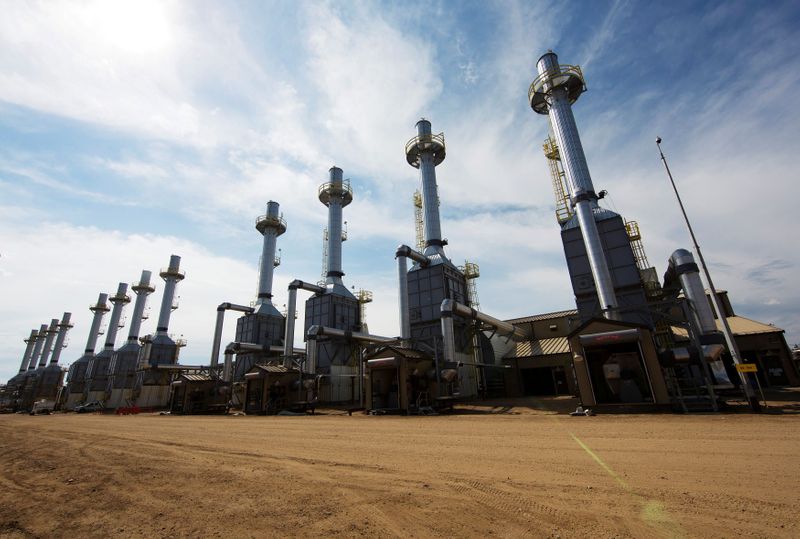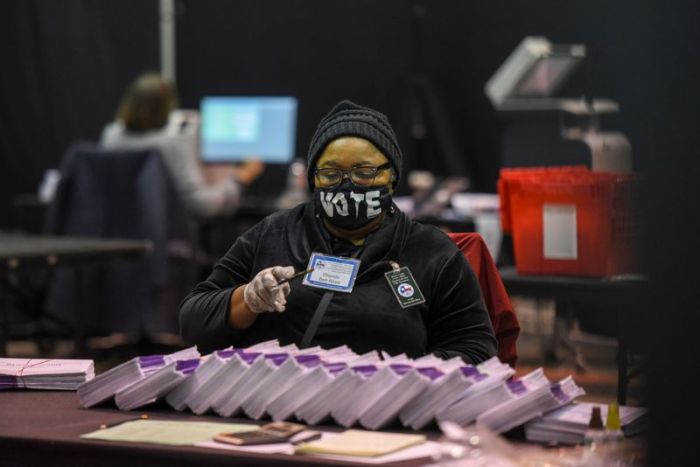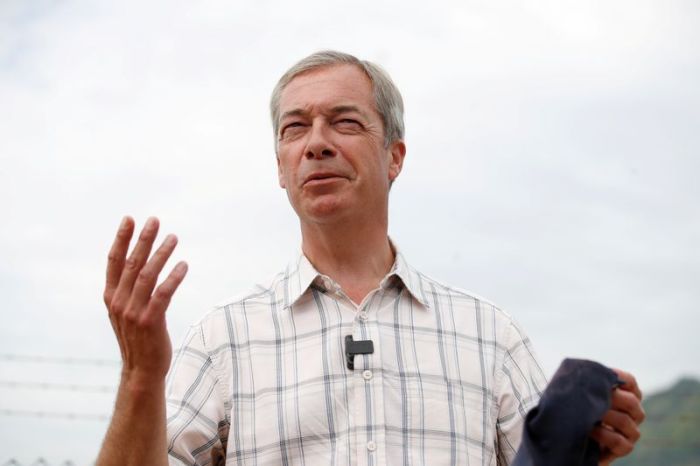NEW YORK (Reuters) – Oil prices gained nearly 3% on Monday, rebounding from several day of losses built on concerns of rising coronavirus cases, one day before the end of U.S. presidential election voting.
The oil market has been under pressure, due to concerns about weaker fuel demand as several European countries restarted lockdowns to curb the coronavirus. Infections recently hit a daily record in the United States as well, and major oil trading merchants believe it could stall out the recovery in demand.
Brent crude <LCOc1> gained $1.03, or 2.7%, to settle at $38.97 a barrel. U.S. West Texas Intermediate <CLc1> ended $1.02, or 2.9%, higher at $36.81 a barrel.
Both contracts fell more than $2 earlier in the session, but rebounded strong factory data in Asia and the United States. U.S. manufacturing activity accelerated more than expected in October, with new orders jumping to their highest level in nearly 17 years.
U.S. stock indexes, which energy futures at times track with, rose on Monday. Analysts said the election outcome most likely to shake equity markets in the near-term would be if there is no clear winner on Tuesday night, as several states remain where votes will need to be counted. [.N]
“The concerns over oil supply and demand fundamentals … are going to play second fiddle to the U.S. presidential election and to how risk markets will react to the outcome,” said BNP Paribas analyst Harry Tchilinguirian.
Global oil trading companies and analysts expect further demand destruction because of the resurgence of virus cases. Countries across Europe have reimposed lockdown measures to try to slow COVID-19 infection rates that have accelerated over the past month.
Vitol sees winter demand at 96 million barrels per day (bpd) while Trafigura expects demand to drop to 92 million bpd or lower.
Rystad Energy sees demand peaking in 2028, instead of in 2030, and sees a slower recovery next year.
“The lockdowns will stunt economic recovery in the short-term and in the long-term and the pandemic will also leave behind a legacy of behavioral changes that will also affect oil use,” said Rystad Energy’s Artyom Tchen.
Output from the Organization of the Petroleum Exporting Countries (OPEC) rose for a fourth month in October, a Reuters survey found.
OPEC and allies including Russia are cutting output by about 7.7 million bpd to support prices. This OPEC+ group is scheduled to hold a policy meeting on Nov. 30 and Dec. 1, with some analysts expecting a postponement of plans to ramp up output by 2 million bpd from January.
Top managers of Russian oil companies and Russian Energy Minister Alexander Novak on Monday discussed a possible extension of oil output restrictions into the first quarter of 2021, two industry sources said.
Libyan supply stands at about 800,000 bpd, up more than 100,000 bpd from a few days ago, a Libyan source told Reuters on Saturday.
(Reporting by Stephanie Kelly in New York; additional reporting by Bozorgmehr Sharafedin in London and Florence Tan in Singapore; Editing by Marguerita Choy and David Goodman)





















